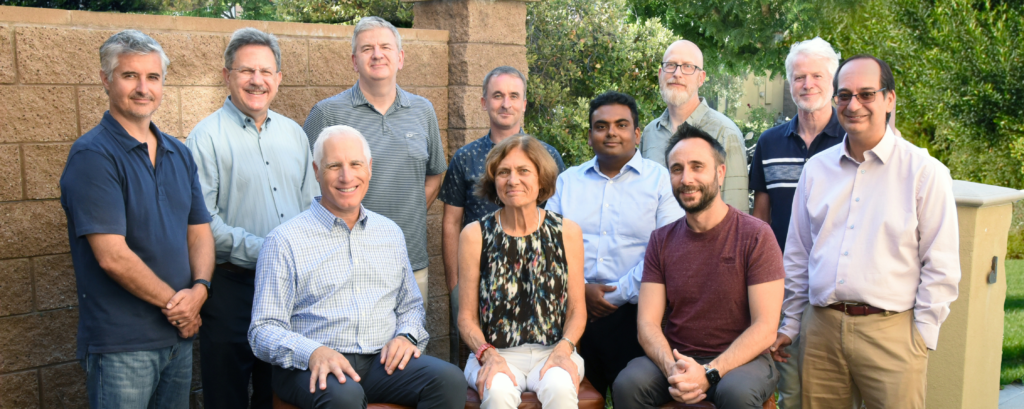
UCI is at the forefront of the fight against Alzheimer’s disease, and the recent $47 million grant from the National Institute on Aging (NIA) is set to further boost their efforts.
The UCI team, which is part of the National Institutes of Health-funded Model Organism Development & Evaluation for Late-Onset Alzheimer’s Disease (MODEL-AD) consortium, is made up of experts from a range of disciplines, including molecular biology, biochemistry, pathology and neurobiology, and is working on developing the next generation of mouse models for studying late-onset Alzheimer’s. These models are crucial for understanding the biology behind the development of Alzheimer’s, and for testing potential new drugs. With the help of the recent NIA grant, they will be able to continue their important work and make even more progress in fighting this disease.
In addition to developing mouse models, the team is also involved in a range of other activities related to Alzheimer’s research, including observational patient-oriented research and clinical trials of promising treatments.
The UCI team, co-directed by Frank LaFerla, dean of the School of Biological Sciences, has a long history of using genetically modified mice to study neurodegenerative diseases. In 2003, LaFerla and his team created the first mouse model to accumulate beta-amyloid plaques and tau tangles, which are hallmarks of Alzheimer’s. And in 2010, they developed the first mouse model for the Lewy body variant of Alzheimer’s.
One of the unique aspects of the work being done at UCI is that the mouse models are based on the most common form of Alzheimer’s, known as “sporadic AD” or “late-onset AD.”
Previous mouse models have focused on the “familial AD” form of the disease, which accounts for less than 5% of cases. By using models that better reflect the majority of Alzheimer’s cases, the team at UCI is better positioned to make progress in understanding and treating the disease.
The $47 million grant has allowed the team to continue and expand their work into its next phase, which is co-directed by Dean LaFerla; Andrea Tenner, a Distinguished Professor of molecular biology and biochemistry, as well as a professor of pathology and of neurobiology and behavior; and Kim Green, a professor of neurobiology and behavior.
The team also includes Professors Arthur Lander, Grant MacGregor, Ali Mortazavi, Ian Smith, Craig Stark, Vivek Swarup, Katrine Whiteson and Marcelo Wood from the School of Biological Sciences; and Professors Mark Mapstone, Andre Obenaus and Xiangmin Xu from the School of Medicine. They are supported by an administrative team that includes Project Manager Dr. Angela Gomez-Arboledas and Program Administrator Andrea Wasserman.
The efforts of the team at UCI are particularly important given the increasing prevalence of Alzheimer’s. Unless there are major medical breakthroughs, the number of Americans aged 65 and older with Alzheimer’s is expected to rise from 5.8 million in 2020 to 13.8 million by 2050, according to the NIA.
The work being done at UCI as part of the MODEL-AD team is crucial for advancing our understanding of Alzheimer’s disease and finding new treatments. The recent grant from the NIA will provide a major boost to these efforts and help to ensure that the team at UCI can continue to make progress in the fight against this devastating disease.
The 2023 Dean’s Report is focused on the state of California and calls attention to some of the work being done by faculty at the School of Biological Sciences that has a direct impact on the state’s residents and ecosystems, from climate change to diabetes research and much more.
